Of all the B complex vitamins, B12 tends to grab the most health and fitness media headlines, mainly because deficiencies are on the rise globally.
While the body can store this vital B vitamin, figures published by the National Institutes of Health (NIH) suggest that vitamin B12 deficiency affects between 1.5% and 15% of the general population.
A deficiency – also known as hypocobalaminemia – should be a serious health concern because vitamin B12 is vital for numerous important bodily processes.
A key biological player
This water-soluble vitamin is involved in red blood cell formation, cell metabolism, nerve function and DNA production.
Vitamin B12 also pairs with folic acid – a form of the B vitamin folate that helps our bodies break down, use and create new proteins – as a coenzyme to aid the metabolism of the amino acids homocysteine and methonine.
Getting your B12 dose
Vitamin B12 is naturally found in animal products, including fish, meat, poultry, eggs, milk and other dairy products. Offal or organ meat is particularly rich in this vitamin. Some nutritional yeast products, including brewer’s yeast, also contain vitamin B12.
And due to its nutritional importance, food manufacturers increasingly include it in their fortified food formulations, offering high bioavailability as it is already in free form.
These products are particularly beneficial for vegetarians or vegans because vitamin B12 is generally not present in plant foods.
Identifying a deficiency
Symptoms associated with a vitamin B12 deficiency tend to develop slowly and then intensify over time. However, due to the many symptoms linked to this condition, it can be difficult to pinpoint a vitamin B12 deficiency as the root cause.
Symptoms to look out for may include:
- Megaloblastic anemia.
- Pale skin colour due to abnormal red blood cell production.
- Numbness or tingling sensations in the hands, legs or feet.
- Difficulty walking or balance problems due to dizziness.
- Disturbed vision.
- A swollen, inflamed tongue or mouth ulcers.
- Cognitive difficulties, including impaired thinking and reasoning or memory loss.
- General weakness, lethargy or chronic fatigue.
- An abnormally high heart rate.
A severe vitamin B12 deficiency could even lead to depression, mood changes, paranoia and delusions, incontinence and a loss of taste and smell.
Treating deficiencies
However, rather than a lack of diet-derived vitamin B12, many deficiencies are caused by poor absorption.
Impediments to optimal absorption include a lack of intrinsic factor and inflammatory bowel conditions such as celiac or Crohn’s disease or irritable bowel syndrome and gut conditions like atrophic gastritis – a thinning of the stomach lining.
Thankfully, poor absorption can be addressed with a sublingual or oral dose vitamin B12 supplement or, in severe cases, an intramuscular injection.
While in the past you were able to walk into your nearest Dis-Chem Wellness Clinic to get a vitamin B12 jab on demand, the Medicines Control Council reclassified the injectable variant from a schedule 1 to a schedule 3 substance. It, therefore, requires a prescription from an authorised medical practitioner before it can be administered.
A diet-derived deficiency can also be easily addressed with a well-formulated dietary supplement. In these products, vitamin B12 is usually present in a form that the body can readily convert into its more active form. Existing scientific evidence does not suggest any differences among forms with respect to absorption or bioavailability.
Consulting your doctor is always the first step in addressing any potential vitamin or mineral deficiencies, who will recommend the most suitable and effective treatment approach.

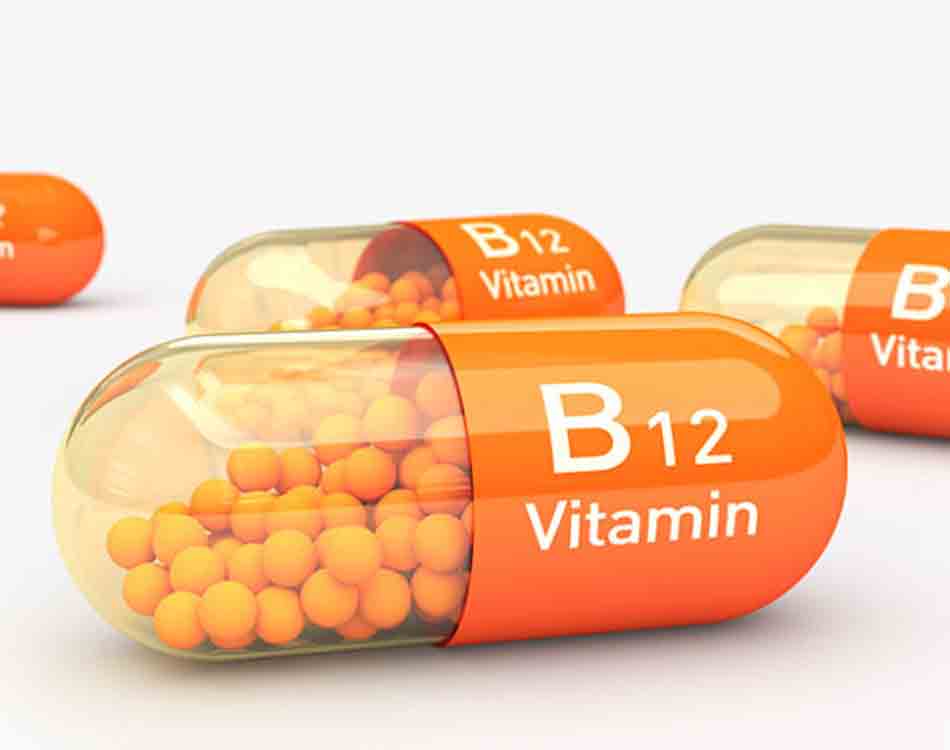
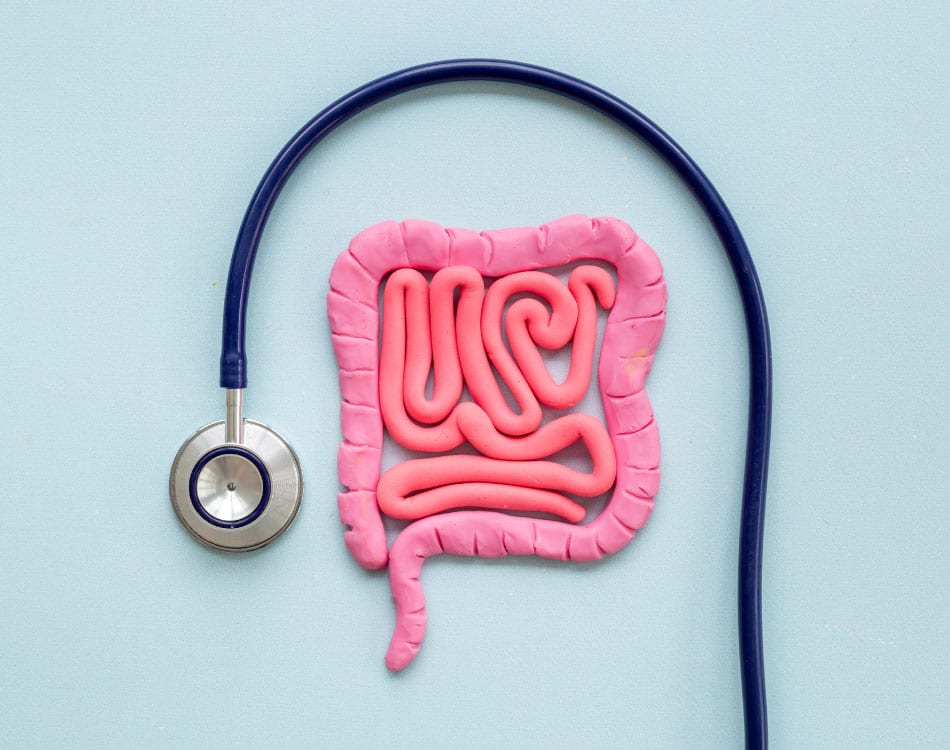
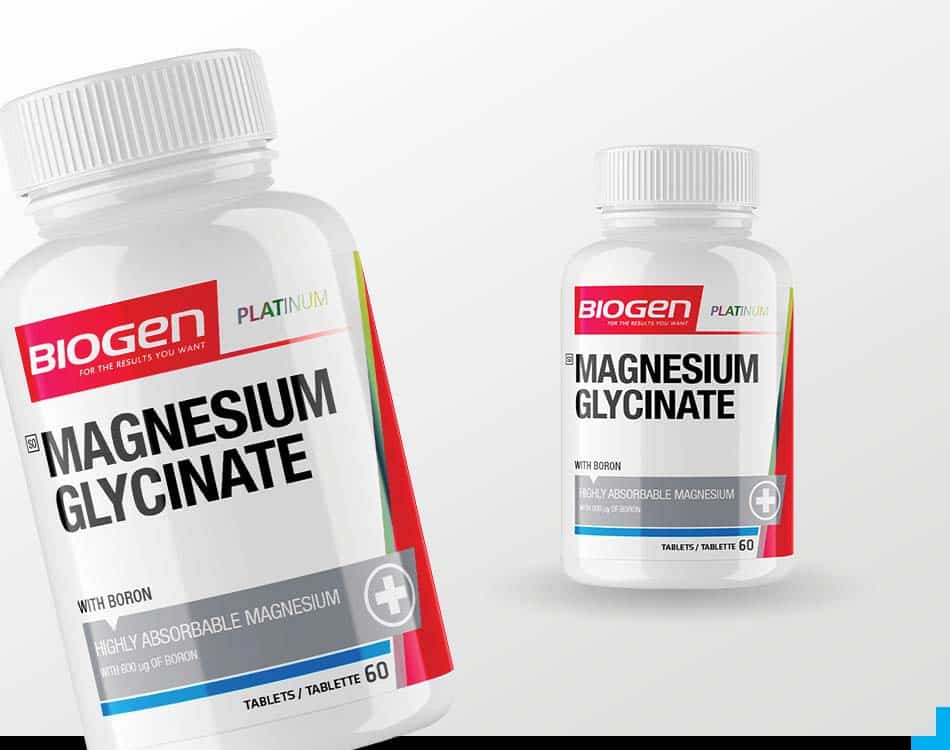
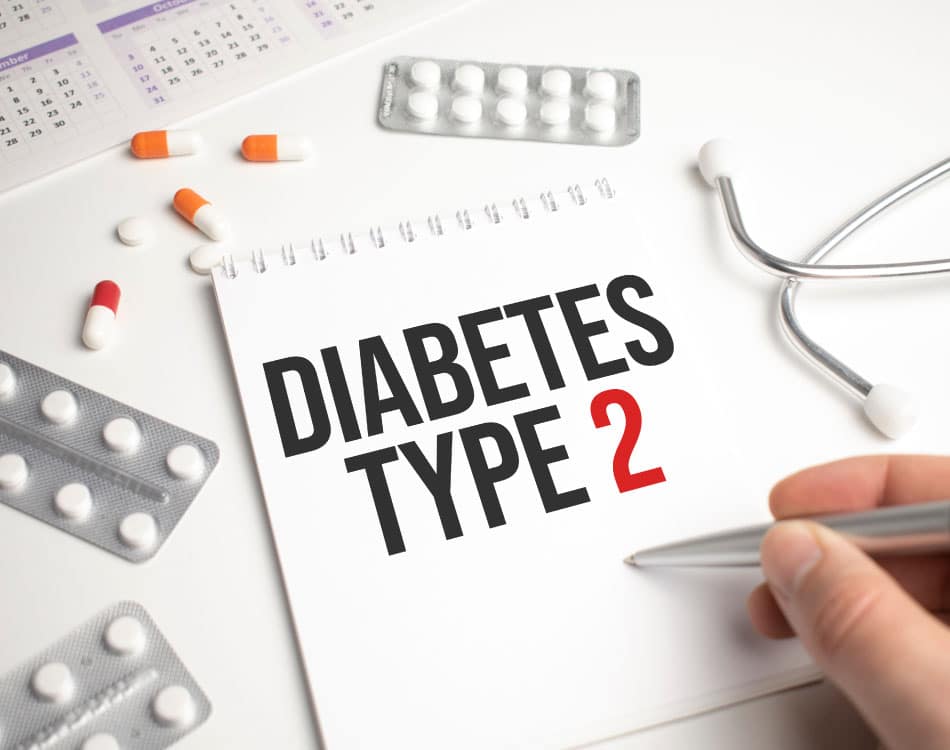
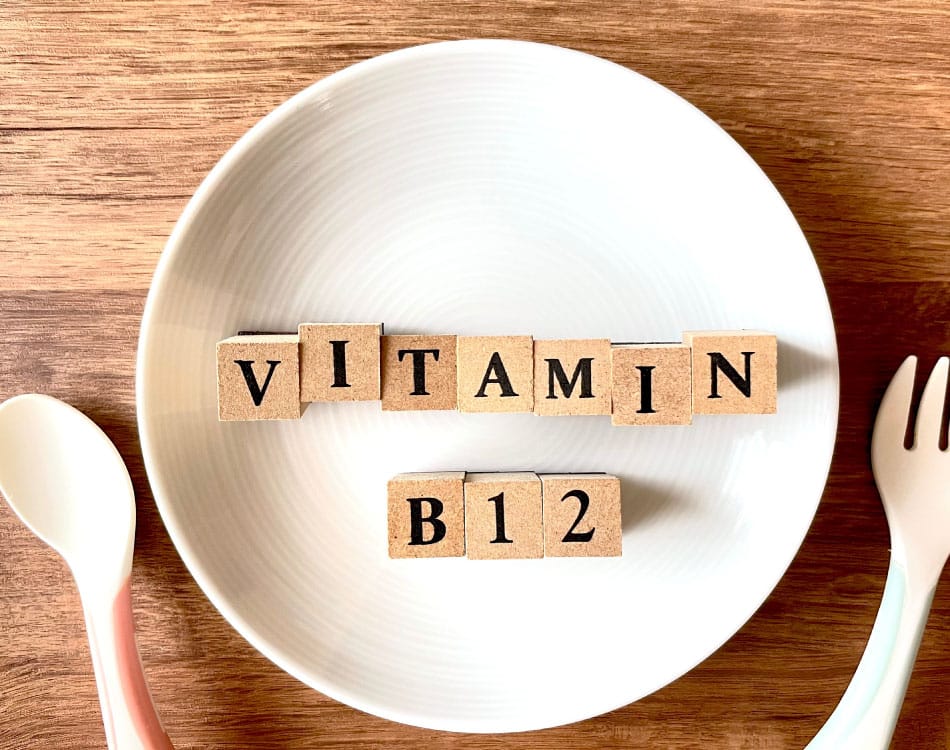


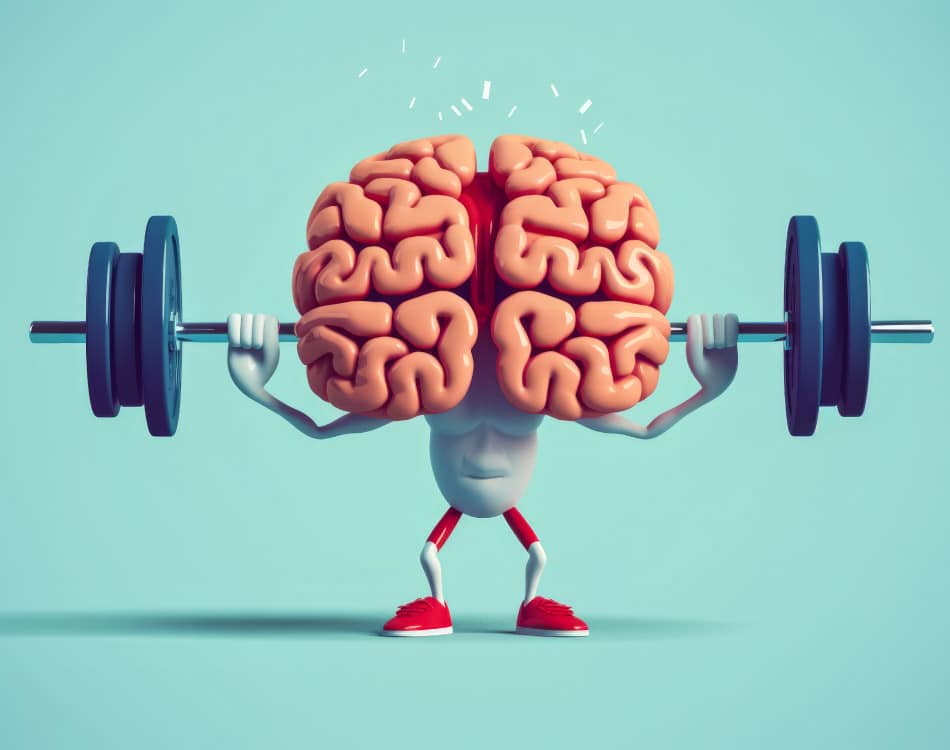

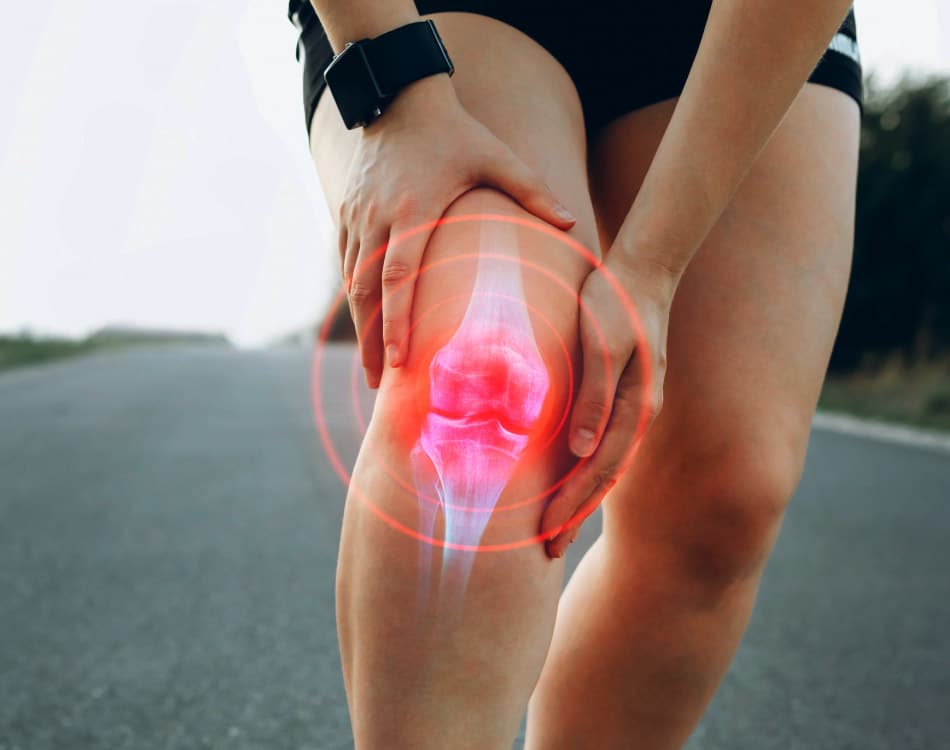

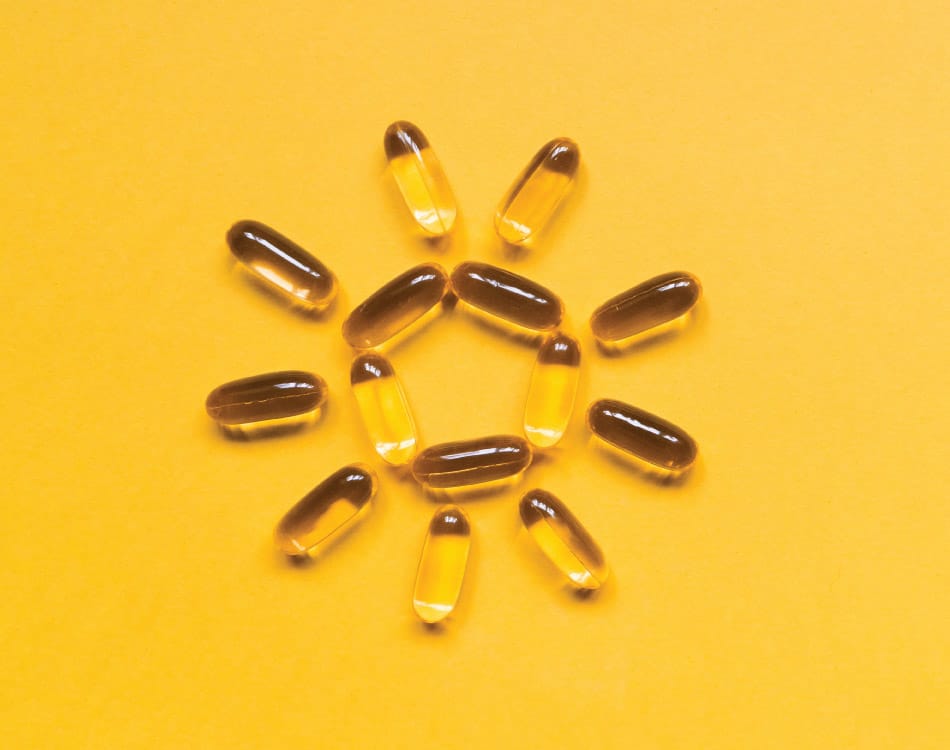
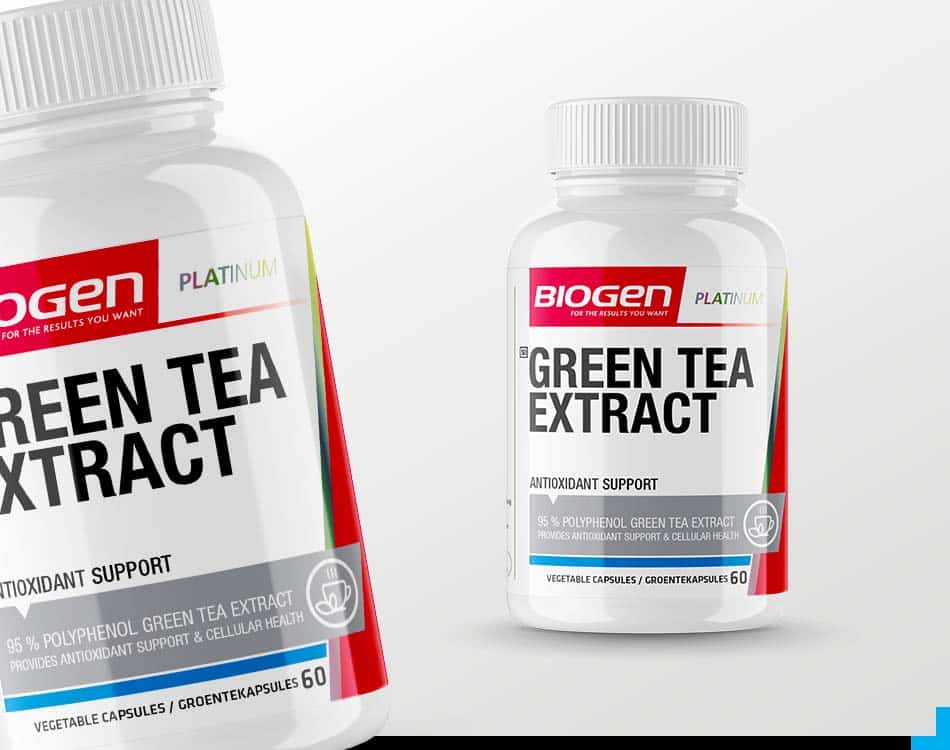



Leave A Comment